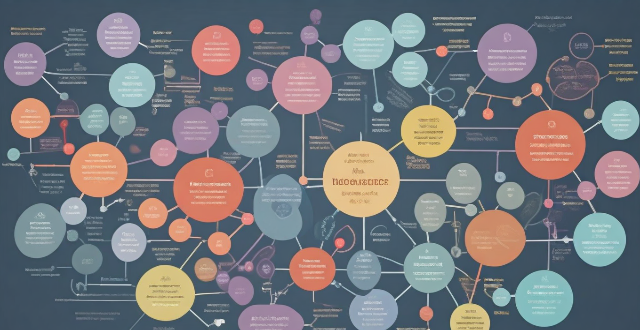Equitable vaccine distribution is crucial for global health security, herd immunity, reduced disease severity, economic stability, and social equity. It leads to decreased transmission rates, improved global health indicators, increased trust in health systems, and enhanced research. However, logistical hurdles, political will, and resource allocation are challenges that must be addressed.

How Equitable Vaccine Distribution Affects Public Health Outcomes
Introduction
Equitable vaccine distribution means ensuring that vaccines are distributed in a fair and just manner, taking into account the needs of different populations, including those in low-income countries, marginalized groups, and high-risk communities. This approach is crucial for achieving optimal public health outcomes globally.
Key Points
1. Global Health Security: Equitable vaccine distribution enhances global health security by reducing the risk of outbreaks spreading across borders. When all countries have access to vaccines, it becomes less likely for diseases to move from one region to another.
2. Herd Immunity: By vaccinating a large portion of the population, herd immunity can be achieved more quickly. This protects not only those who are vaccinated but also those who cannot receive vaccines due to medical conditions or other reasons.
3. Reduced Disease Severity: With equitable distribution, even if an outbreak occurs, the severity of the disease can be reduced since more people will have some level of immunity, leading to fewer severe cases and hospitalizations.
4. Economic Stability: Preventing widespread illness through vaccination helps maintain economic stability by reducing healthcare costs, lost productivity, and potential trade disruptions caused by outbreaks.
5. Social Equity: Fair distribution ensures that everyone has a chance at protection, regardless of their socioeconomic status or geographic location. This promotes social equity and reduces health disparities.
Benefits of Equitable Vaccine Distribution
- Decreased Transmission Rates: Widespread vaccination leads to decreased transmission rates, which slows down the spread of the disease.
- Improved Global Health Indicators: Better access to vaccines improves overall health indicators like life expectancy and infant mortality rates.
- Increased Trust in Health Systems: Fair distribution builds trust in public health systems, encouraging people to seek out preventive care and follow health guidelines.
- Enhanced Research and Development: Collaboration between countries fosters innovation and research, leading to better treatments and vaccines in the future.
Challenges and Considerations
- Logistical Hurdles: Ensuring proper storage, transportation, and distribution of vaccines can be challenging, especially in remote areas.
- Political Will: Governments must prioritize equitable distribution over political interests or financial gains.
- Resource Allocation: There may be competing demands for limited resources, requiring careful planning and allocation strategies.
Conclusion
Equitable vaccine distribution is essential for improving public health outcomes on a global scale. It not only protects individuals but also strengthens healthcare systems, economies, and society as a whole. By addressing logistical challenges and promoting cooperation among nations, we can work towards a healthier world where no one is left behind in the fight against infectious diseases.